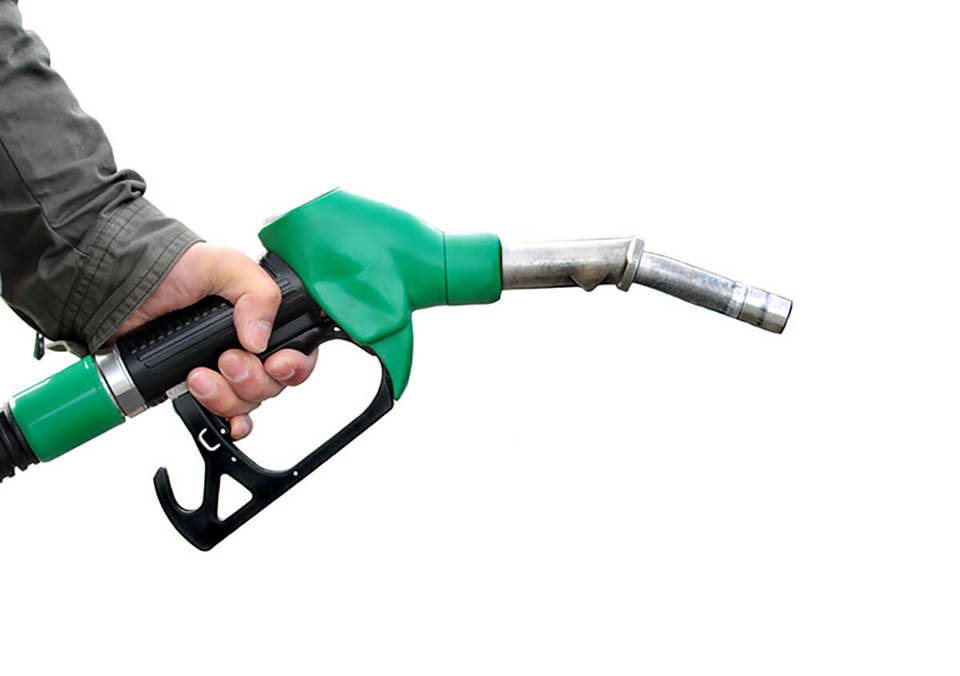After a four month investigation, the OFT has found no evidence of unfair marketing or trading between oil companies and retailers.
The report has found that rises in pump prices for petrol and diesel over the last 10 years have been caused largely by higher crude oil prices and increases in tax and duty and not a lack of competition.
The evidence gathered by the OFT suggests that at national level competition is working well in the UK road fuel sector, although it has identified an absence of pricing information on motorways as a concern and does not rule out taking action in some local markets.
Clive Maxwell, OFT chief executive, said: “Our call for information has not identified any evidence of anti-competitive behaviour in the fuel market at a national level, where competition appears to be strong. There may be some issues at a local level. Where we receive evidence of potential anti-competitive behaviour we will consider taking action.”
Quentin Willson, campaigner at FairFuelUK, is disappointed by the findings and believes UK consumers will be bitterly disappointed, he said; “The nation will feel let down. Quite frankly, I’m shocked. The OFT investigated in 1998 and now have done so again. Every motorist and business in Britain instinctively knows that ‘something’s not right’. The Americans and the Germans are holding inquiries – why aren’t we. The OFT appears to have failed to address the key issues of : why diesel is more expensive than unleaded in the UK when this is not the case in Europe, why falls in the Oil price take so long to be reflected at the pump and why there are such variations in price, often from the same branded forecourts, within the same area. They did not address the whistleblower evidence of potential ‘rigging’ of the Oil commodity market. Where is the fairness in all of this?’
In the 10 years between 2003 and 2012 pump prices increased from 76 pence per litre (ppl) to 136ppl for petrol, and from 78ppl to 142ppl for diesel. According to the report this is caused largely by an increase of nearly 24ppl in tax and duty and 33ppl in the cost of crude oil.
The OFT has also found that fuel is often significantly more expensive at motorway service stations. In August 2012 prices were on average 7.5ppl higher for petrol and 8.3ppl higher for diesel than at other UK forecourts. The OFT is concerned that drivers are not able to view prices until they have pulled into the service station. It has therefore asked the Department for Transport to consider introducing new road signs that would display service station petrol and diesel prices for motorway drivers.
Maxwell said: “We recognise that there has been widespread mistrust in how this market is operating. However, our analysis suggests that competition is working well, and rises in pump prices over the past decade or so have largely been down to increases in tax and the cost of crude oil.”
The OFT examined a number of specific concerns that had been raised about the road fuel sector, including:
- Differences in pump prices between neighbouring towns - The OFT found that petrol and diesel tend to be cheaper in local areas that have a greater number of local retailers, in particular areas where there are supermarket forecourts.
- Differences between urban and rural areas - The OFT's analysis found that in August 2012, for example, petrol was around 1.9ppl more expensive and diesel around 1.7ppl more expensive in rural areas than in urban areas. There appear to be a number of factors which account for these differences including lower throughputs per forecourt, fewer competitors (including supermarkets) within a local area, and higher transport costs for getting fuel to rural forecourts.
- Independent dealers' ability to compete fairly in the market - The OFT examined claims that supermarkets' and major oil companies' practices may be making it more difficult for independent dealers to compete with them. However, the OFT has not, to date, received evidence of any anti-competitive practices being used against independent dealers that might lead it to take enforcement action. The OFT will continue to consider any credible evidence it receives and consider taking action where practices appear to breach competition law.
- Rocket and feather' pricing - The OFT investigated the widely held perception that pump prices rise quickly when the wholesale price goes up but fall more slowly when it drops. It analysed the relationship between retail and wholesale prices at both a national and local market level, as well as the relationship between crude oil prices and wholesale prices at a national level, but found very limited evidence to support such claims.
Click Here to view the latest region fuel prices


















Paul Green - 31/01/2013 11:54
Why are we not surprised by this? We manage to convince the government to freeze their planned duty increases but for every 5p rise in price at the pump they get their 1p of extra duty via the VAT mechanism. So where is the governments incentive to intervene?